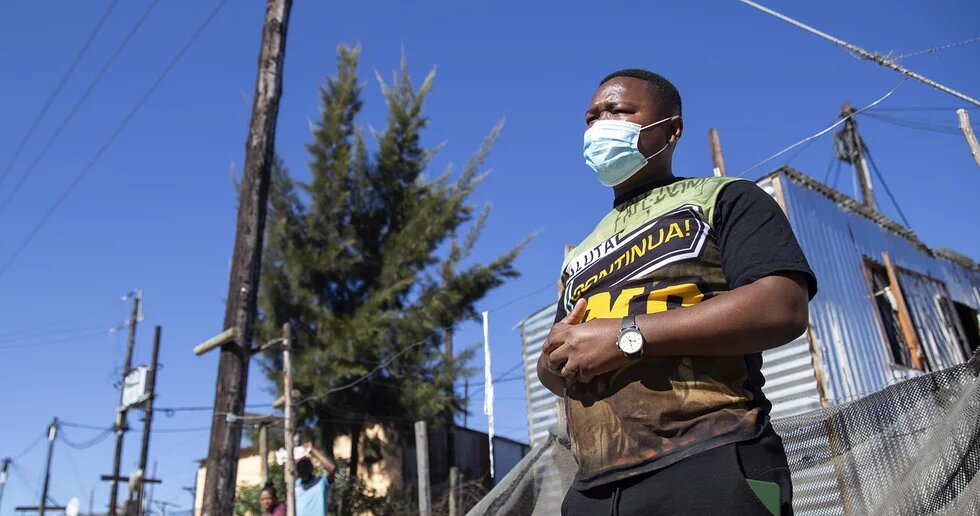Links between environmental disasters and mental health are increasingly coming into focus as ticking time bombs. It is vital that spatial planning strategies at local government level are adapted with this dual threat to societal welfare in mind.

As the climate crisis becomes more evident every day, a silent, parallel catastrophe is emerging. Seemingly invisible, yet both on a deadly increase, climate change risks and mental health conditions are inextricably linked. There is growing evidence that extreme weather events cause mental trauma, anxiety and depression, that higher temperatures, rising sea levels and drought lead to mass displacement and violence, and that more people, particularly the young, feel hopeless about the future. Could public spaces be used to raise awareness about these issues and trigger collective action?
In South Africa, the link between climate change and mental health is a relatively nascent field of work, yet it is attracting much attention given the compounded effect it has on already vulnerable people, including the young. A recent report authored by Garret Barnwell and the Centre for Environmental Rights (CER) makes a compelling case for urgent action by reminding us that “climate change has the potential to deepen the wounds of historical injustices”.